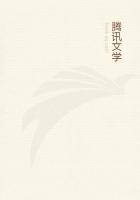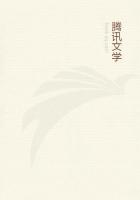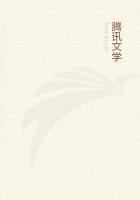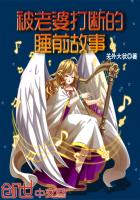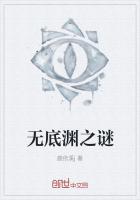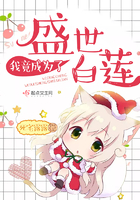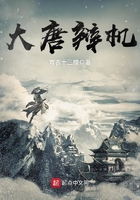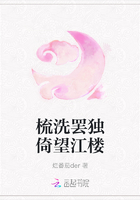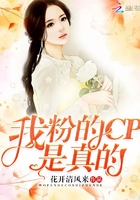Those of us who know not the secret of properly regulating our own existence on this tumultuous sea of foolish troubles which we call life are constantly in a state of misery while vainly trying to appear happy and contented.We stagger in the attempt to keep our moral equilibrium, and see forerunners of the tempest in every cloud that floats on the horizon.Yet there is joy and beauty in the roll of billows as they sweep outward toward eternity.Why not enter into their spirit, or, like Liehtse, ride upon the hurricane itself?
He only who has lived with the beautiful can die beautifully.
The last moments of the great tea-masters were as full of exquisite refinement as had been their lives.Seeking always to be in harmony with the great rhythm of the universe, they were ever prepared to enter the unknown.The "Last Tea of Rikiu" will stand forth forever as the acme of tragic grandeur.
Long had been the friendship between Rikiu and the Taiko-Hideyoshi, and high the estimation in which the great warrior held the tea-master.But the friendship of a despot is ever a dangerous honour.It was an age rife with treachery, and men trusted not even their nearest kin.Rikiu was no servile courtier, and had often dared to differ in argument with his fierce patron.
Taking advantage of the coldness which had for some time existed between the Taiko and Rikiu, the enemies of the latter accused him of being implicated in a conspiracy to poison the despot.
It was whispered to Hideyoshi that the fatal potion was to be administered to him with a cup of the green beverage prepared by the tea-master.With Hideyoshi suspicion was sufficient ground for instant execution, and there was no appeal from the will of the angry ruler.One privilege alone was granted to the condemned--the honor of dying by his own hand.
On the day destined for his self-immolation, Rikiu invited his chief disciples to a last tea-ceremony.Mournfully at the appointed time the guests met at the portico.As they look into the garden path the trees seem to shudder, and in the rustling of their leaves are heard the whispers of homeless ghosts.Like solemn sentinels before the gates of Hades stand the grey stone lanterns.A wave of rare incense is wafted from the tea-room; it is the summons which bids the guests to enter.One by one they advance and take their places.In the tokonoma hangs a kakemon,--a wonderful writing by an ancient monk dealing with the evanescence of all earthly things.The singing kettle, as it boils over the brazier, sounds like some cicada pouring forth his woes to departing summer.Soon the host enters the room.
Each in turn is served with tea, and each in turn silently drains his cup, the host last of all.according to established etiquette, the chief guest now asks permission to examine the tea-equipage.Rikiu places the various articles before them, with the kakemono.After all have expressed admiration of their beauty, Rikiu presents one of them to each of the assembled company as a souvenir.The bowl alone he keeps."Never again shall this cup, polluted by the lips of misfortune, be used by man." He speaks, and breaks the vessel into fragments.
The ceremony is over; the guests with difficulty restraining their tears, take their last farewell and leave the room.One only, the nearest and dearest, is requested to remain and witness the end.
Rikiu then removes his tea-gown and carefully folds it upon the mat, thereby disclosing the immaculate white death robe which it had hitherto concealed.Tenderly he gazes on the shining blade of the fatal dagger, and in exquisite verse thus addresses it:
"Welcome to thee,/ O sword of eternity!/ Through Buddha/And through Daruma alike/ Thou hast cleft thy way."With a smile upon his face Rikiu passed forth into the unknown.
End

